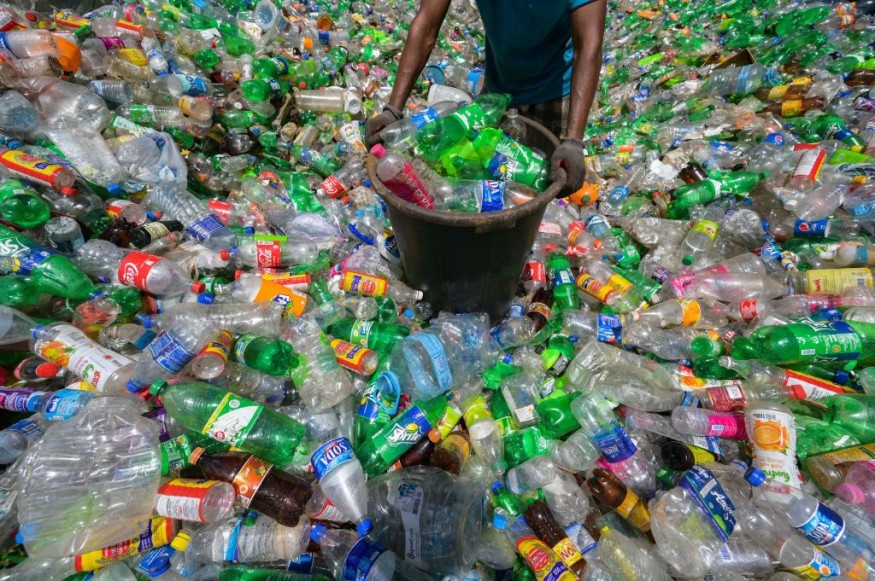The latest study developed a new plastic recycling method that can reduce greenhouse gas emissions amidst the growing problems of plastic pollution.
The report added that about 19-23 million tonnes of plastic manage to enter oceans and other bodies of water.
As a result, experts and scientists have been developing new ways to recycle and reduce the production of plastic globally.
New recycling method for plastic waste

In the latest research published in Science, researchers developed a new process of recycling plastic waste that can turn junk into quality products.
Experts and researchers from the University of Wisconsin-Madison found a new technique to help the environment.
According to the latest report, at least 9% of plastic waste manages to be reused in the United States.
The new method can increase the likelihood of junk or plastic waste becoming high-quality products.
Unlike conventional production, the new method of recycling can potentially reduce greenhouse gas emissions that are harmful to the environment.
In the new method, the researchers employed chemical processing techniques to turn junk plastic waste into high-quality products. The new process used less energy-chemical processes, known as homogenous hydroformylation catalysis.
Recently, research published in Polymer Chemistry showed a new process of breaking down colored polymers.
Researchers from Cardiff University explained that it could help address the problems of recycling colored plastics.
Based on the report, colored plastics are considered challenging to recycle because the colors could remain. It is difficult to remove the additives from the colored plastics, becoming lower quality in recycling.
With the new method, researchers explained depolymerization's importance in transforming into recyclable materials. The technique isolates the monomers from the said plastics.
Plastic pollution threats
Plastic pollution is one of the major threats to oceans. The scattered plastic waste on the beach can likely enter into oceans, causing possible environmental risks.
According to Frontiers in Marine Science study, researchers from Florida State University found that microplastics can alter the sand properties on beaches or near the oceans due to plastic concentrations.
Changing sand properties due to plastic can impact temperatures for incubating turtles. Because sea turtles are highly sensitive to temperatures, their hatchlings are affected.
Furthermore, marine animals and sea birds can think of plastic waste as a food source. When they eat plastic waste, the shards can damage their digestive systems.
The said animals can likely die from health concerns or starvation.
Reducing plastic waste is essential to prevent environmental impacts on animals and their habitats.
Related Article : New Colored Plastic Recycling Process Can Reduce Pollution Affecting Animals, Oceans
For more similar, don't forget to follow Nature World News.
© 2025 NatureWorldNews.com All rights reserved. Do not reproduce without permission.





